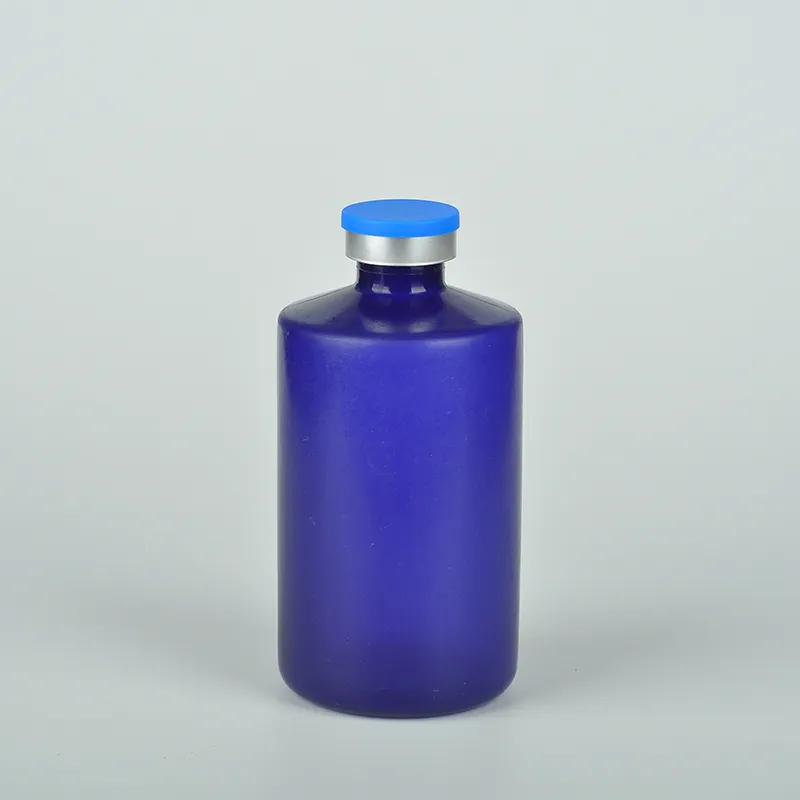polyethylene dropper
The Versatility and Importance of Polyethylene Droppers
Polyethylene droppers are a common yet invaluable tool in various industries, from pharmaceuticals to agriculture. Their unique properties and versatility make them an essential component in many applications. This article will explore the significance of polyethylene droppers, their production, and their various uses, highlighting why they are a crucial choice for professionals across different fields.
What are Polyethylene Droppers?
Polyethylene droppers are small, tube-like instruments typically used to dispense liquids in controlled amounts. Made from polyethylene, a thermoplastic polymer, these droppers are known for their durability, flexibility, and resistance to various chemicals. Polyethylene comes in two main forms low-density (LDPE) and high-density (HDPE), each offering distinct benefits depending on the intended application. LDPE is more flexible, making it suitable for creating droppers that require easy squeezing, while HDPE provides higher sturdiness for heavier-duty use.
Production of Polyethylene Droppers
The production process of polyethylene droppers involves molding techniques such as blow molding or injection molding. These methods allow for the mass production of droppers in a variety of sizes and shapes, catering to specific needs. After shaping, the droppers may undergo additional treatments, such as sterilization, especially if they are intended for medical or pharmaceutical purposes. This ensures that the droppers are safe for use in sensitive environments.
Applications of Polyethylene Droppers
The versatility of polyethylene droppers is evident in their widespread use across multiple sectors
1. Pharmaceuticals and Healthcare In the medical field, precision is paramount. Polyethylene droppers are commonly used in laboratories to dispense reagents or samples accurately. They are also utilized for administering liquid medications, particularly for infants or patients who require controlled doses.
polyethylene dropper

2. Cosmetics and Personal Care The beauty industry frequently employs polyethylene droppers for precise dispensing of serums, oils, and other liquid products. The ability to control the amount of product dispensed minimizes waste and enhances user experience.
3. Agriculture In farming, polyethylene droppers can be used to apply fertilizers, pesticides, or plant nutrients directly and accurately. This targeted application helps in reducing chemical runoff and minimizes environmental impact.
4. Food Industry Polyethylene droppers are often employed in the food industry for dispensing liquid ingredients, such as oils or sauces, ensuring precise measurements and maintaining hygiene standards.
5. Crafting and DIY Projects Hobbyists and crafters also find polyethylene droppers to be versatile tools for mixing paints, glues, and other crafting materials. Their precision allows for careful application without the risk of spills.
Environmental Considerations
While polyethylene droppers are convenient, it is essential to consider their environmental impact. Polyethylene is a non-biodegradable material, leading to concerns about plastic waste. However, manufacturers are increasingly looking into biodegradable alternatives and recycling programs to mitigate this issue. Encouraging responsible disposal and recycling can help reduce the ecological footprint of these products.
Conclusion
Polyethylene droppers play a crucial role in various industries, thanks to their durability and precise dispensing capabilities. From healthcare to agriculture, their importance cannot be overstated. As industries evolve, the focus on sustainability will drive innovations in materials and production methods, ensuring that polyethylene droppers remain both functional and environmentally conscious. With ongoing advancements, users can expect even more benefits from these indispensable tools in the years to come.
-
Aesthetic Makeup Spray Bottles | Fine Mist Empty RefillableNewsAug.19,2025
-
White Plastic Veterinary Vaccine Vials | Lab Liquid BottlesNewsAug.18,2025
-
Plastic Medicine Liquid Bottle: Secure Flip Top Drug VialsNewsAug.17,2025
-
Durable 250ml Blue Plastic Vaccine Vial for Lab & Vet UseNewsAug.16,2025
-
Sterile Virus Sample Tubes: Secure & Reliable Specimen CollectionNewsAug.15,2025
-
White 250ml Plastic Vaccine Vial for Lab & Vet MedicineNewsAug.14,2025
























